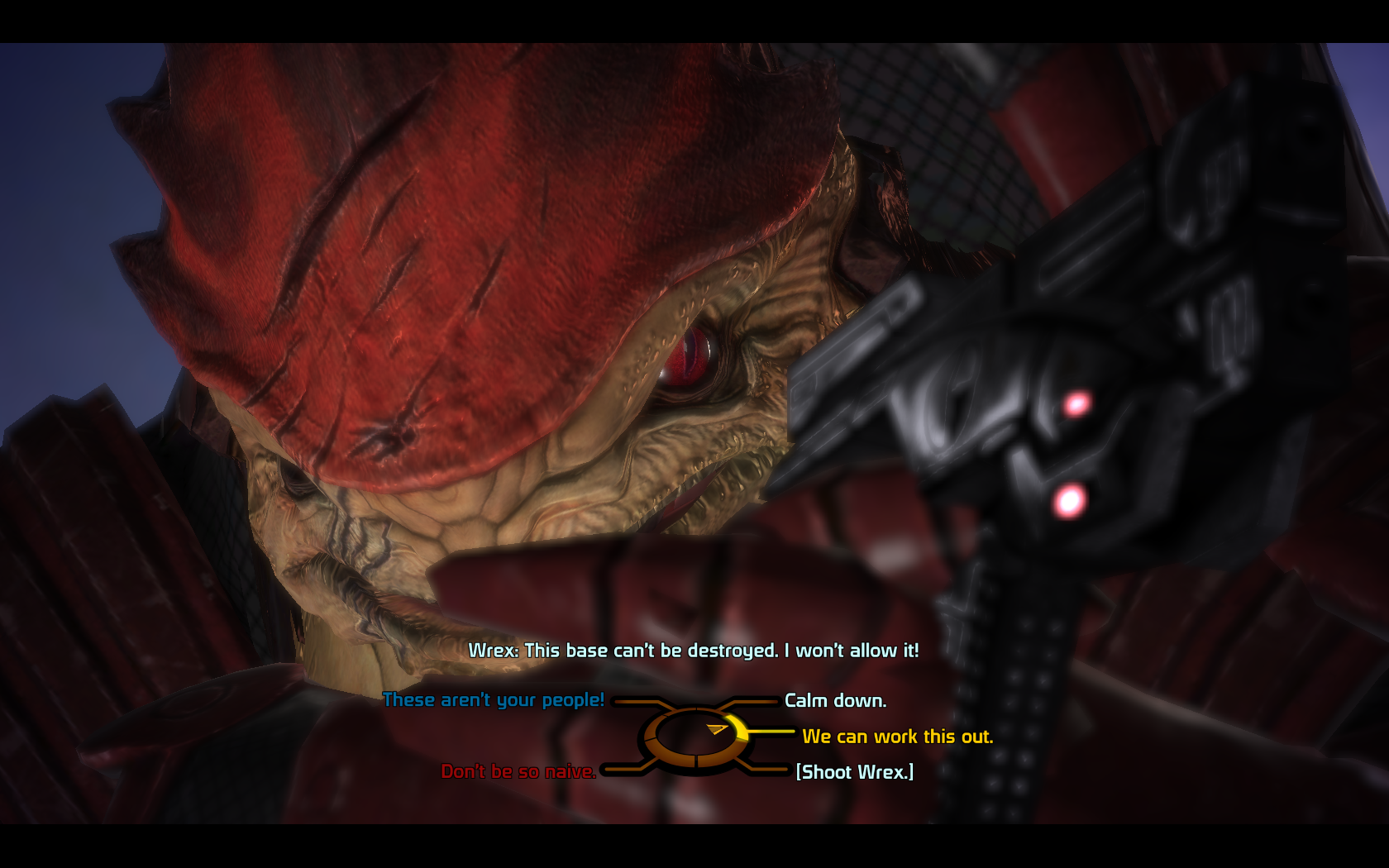McLuhan states that "We have had to shift our stress of attention from action to reaction. We must now know in advance the consequences of any policy or action, since the results are experienced without delay. Because of electric speed, we can no longer wait and see" (63).
I feel as though many games today follow this same pattern he is noticing. There are many games that choose to base the game play on your choices. What you do effects the ending. Sometimes, people don't like that at all and they will search out guides that will tell you how your choices will affect the outcome.
Andrew Hardin states that "different people become immersed in games in different ways. Several people I work with find games unexciting no matter what kind of game, or how good. They will probably play few games in their life, and wouldn't even if they died and went to gaming heaven. Many people don't want to play anything besides a party game, and some will play just about anything. It's not a question of theme, it's a question of how that theme immerses you in the game. It's not a question of mechanism, it's how that mechanism immerses you in the game."
I feel as though the appeal to games that give you different outcomes based on your choices rely mostly on mechanics. I have play a variety of these types of games and they might have some similarities in theme, but the mechanics in the game is what makes these games interesting.
In order to get the player immersed in the game, these game designers are choosing to make the player choose their game. Some really good examples of this type of game play are Mass Effect, Telltale's The Walking Dead, and the Stanley Parable.
In the Walking Dead game, you have similar dialogue and action choices. However, in this game, you have a time limit. If you don't say anything, then that character will remember it. There are also quick time events that require your action as well. Telltale even tracked player's choices to help write further installments of the game.
In the Stanley Parable, your choices are a little more subtle. You have a dialogue wheel to help see what all the choices are. If you stand around deciding, the narrator will notice and say something about it. Simply going through the right door instead of the left will give you a different ending. This game has about 20 different endings.
In all these games, choices matter. Our actions cause reactions that we can see almost immediately. These games all have different themes to them like saving the galaxy, surviving the zombie apocalypse, and figuring out what's going on in your office. However, they all have the game game mechanic of choosing your story. The game becomes yours. Each play through could be totally different than the last. Players become so immersed in the game. Some players will actually seek out guides to know what their choices will decide so they can get the play through they want.
Going back to McLuhan, he says that these types of games have become popular because of the aspect of choosing. I know from experience, I wanted to know what I needed to say in order to keep characters alive in Mass Effect. I wanted to say all the right things to get the ending I wanted. I didn't look for guides and I wound up getting the perfect ending (in my opinion). I did keep multiple save games in case something went wrong. I believe that McLuhan is absolutely right when it comes to video games since more and more of these types of games are coming out.
Blog Comment 1,
Blog Comment 2





